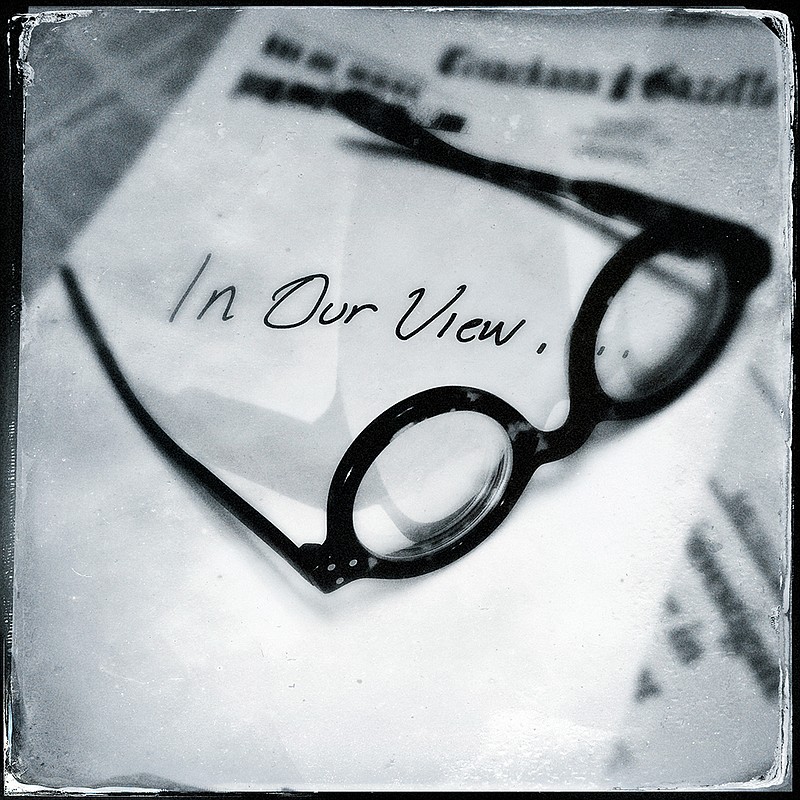Former President Donald Trump has been vocal in his criticism of what he sees as social media censorship of conservative views - particularly his own.
That sentiment has been echoed by many other Republican politicians, right-leaning pundits and average Americans who feel their conservative views are being stifled.
Now the Lone Star State has done something about it.
On Thursday, Gov. Greg Abbott signed into law a bill that aims to keep social media from what they contend is censorship of conservative viewpoints.
The law forbids social media platforms with more than 50 million monthly users from banning users because of their political views. It also prohibits email providers from interfering with transmission based on political content.
Under the law, companies like Facebook, Twitter and YouTube must provide an appeal process and give a reason for removing content.
A reason acceptable to the Texas GOP, one assumes.
While the new law will likely find favor with a large number of Lone Star State voters, it has some serious problems.
For one thing, Texas may be a big state, but it's not bigger than the internet, something that seems to have eluded the Legislature and the governor. The online world is not governed from Austin.
And while some may see this as a matter of fairness, social media companies are not like broadcasters using public airways. Private companies have free speech rights - which Abbott and other Republicans think is a good thing when it comes to funding conservative messages. They were all for the U.S. Supreme Court's 2010 Citizens United decision, which confirmed that idea.
Now it may come back to bite them.
The tech industry isn't going to take this lying down. And we doubt federal authorities will, either. The nation's highest court will eventually decide this. And we suspect that body will scold Texas for getting "too big for its britches," as the saying goes.

